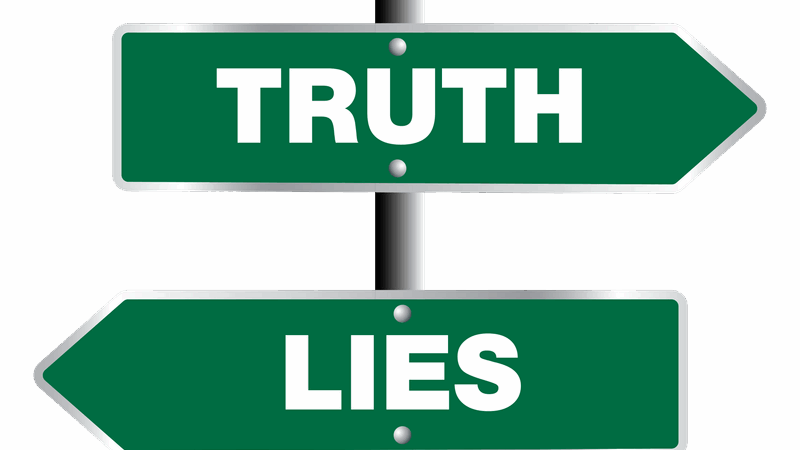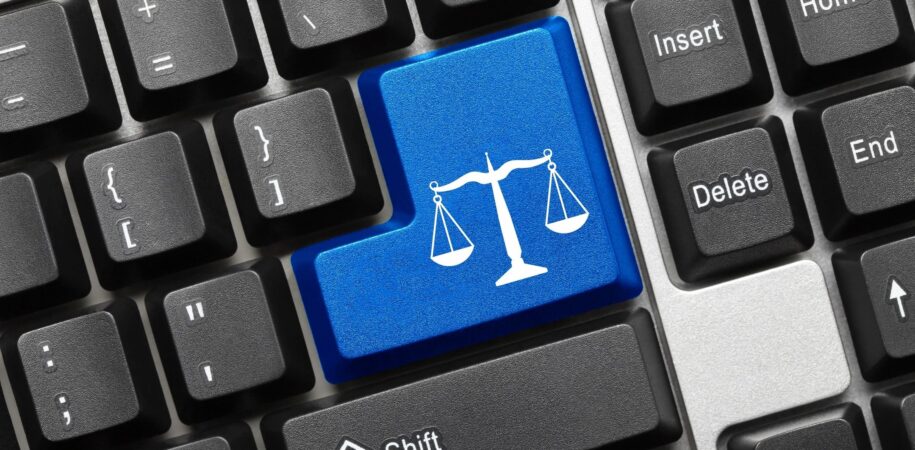
 BY: root
BY: root
If you’ve been defamed in Australia, in most jurisdictions, your first step is not heading straight to court—but issuing a Concerns Notice. At Allen Law, we are experts in defamation and reputation protection. Based in Melbourne, we regularly help individuals and businesses navigate the complexities of Australia’s defamation law, including drafting compliant and strategically sound […]
Read More

 BY: root
BY: root
Can calling someone an idiot, moron, or worse amount to defamation in Australia? With the rise of social media, this question is more relevant than ever. At Allen Law, Melbourne’s go-to defamation lawyers, we often advise clients on whether crude or abusive language—particularly when posted online—crosses the line into defamation. Vulgar Abuse vs Defamation: What’s […]
Read More

 BY: root
BY: root
If you believe your reputation has been damaged by defamatory material—whether in print, online, broadcast, or spoken form—it’s essential to act fast. At Allen Law, we are experts in defamation law and understand that one of the most critical elements of a successful defamation claim in Australia is timing. Why Time Is Crucial in Defamation […]
Read More

 BY: root
BY: root
Defamatory Google Reviews Online reviews can make or break a business. But what happens when a customer leaves a scathing review full of lies, or a competitor pretends to be a client and slanders your name? Can you sue them? At Allen Law, we get asked this question a lot. The short answer is: yes […]
Read More

 BY: root
BY: root
Pre-Publication Legal Advice If you’re a journalist, business, influencer, or publisher preparing to release sensitive content, it’s wise to get legal advice before publication. At Allen Law, we help individuals and organisations: Review high-risk content Avoid liability for defamatory publication Minimise potential fallout through risk assessment and mitigation Why Choose Allen Law for Defamation […]
Read More

 BY: root
BY: root
When reading about defamation law in Australia, the word “matter” comes up frequently. But what does it actually mean? At Allen Law, Melbourne’s leading defamation law firm, we’re often asked to explain what can legally constitute matter in a defamation case. The answer is more complex—and broader—than most people realise. This article explores how the […]
Read More








